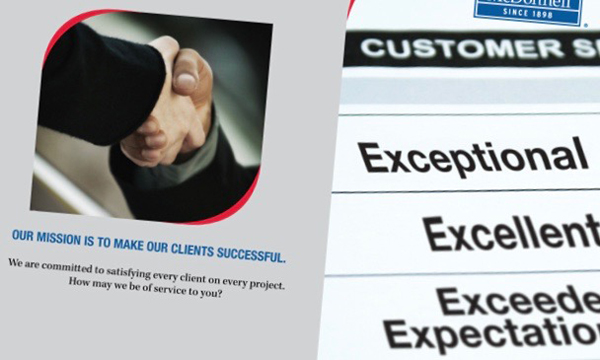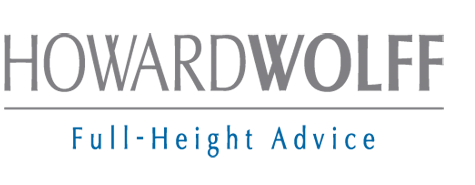
07 Aug Great Advice … Directly From Your Clients
Following a workshop on branding that I conducted recently as part of an executive education course at USC, a panel of clients shared their insights. They were refreshingly candid.
In their own words, four private-sector clients who hire architects, engineers and designers for multiple projects every year offered their perspectives on how to win business. The panel included:
- Joseph DeTuno, CEO, DeTuno Development
- Bea Hsu, Vice President of Development, Related California
- Jon Soffa, Executive Director of Planning and Design, University of Southern California
- Zeke Triana, Director of Facilities Planning, Design and Construction, Cedars-Sinai Medical Center
I offer you their comments verbatim, grouped by subject. The common themes that emerged from their responses include some valuable lessons for those involved in marketing and business development.
How do firms get their first job with these clients?
“Contact us before we have a selection process underway.”
“Know enough about us to be able to demonstrate some tool, methodology, or approach that can help solve our problems.”
“When we meet, we’ll be trying to gauge what it will be like to work with you.”
“We’re most likely to give new firms a chance on low-risk projects — a feasibility study, a renovation job, etc. If it goes well, you’ll get another shot.”
“If we have a job coming up and it’s not right for you, you’ll win more points by telling us so than by pursuing something that is beyond your capability or capacity.”
How critical is past experience?
“I hate to break it to you, but most clients aren’t interested in what you’ve done for others. I want to know what you’ll do for me.”
“Just because you’ve done a lot projects in my building type, don’t think that will impress me. I want to know how you will approach my project.”
“Show me two relevant projects instead of 22. And tell me why they are relevant to me.”
“If your past experience is with our company, don’t take the relationship for granted. Recently, an incumbent firm seemed rather robotic in their presentation. In contrast, a shortlisted firm with whom we had never worked, had their entire staff visit our facility and interview our staff, and then they shared their observations and recommendations with us. That was very impressive. It said a lot about their interest and enthusiasm.”
What else matters when it comes to the presentation stage?
“I don’t want to see design solutions in an interview. I want you to listen.”
“We want to understand how you think, how you present your ideas.”
“Come with smart questions. Show your knowledge of our site and its context. “
“Imagine that the presentation is your kick-off meeting. Don’t talk about yourself. Demonstrate how you will approach our project.”
“We want to see people who can articulate and communicate a vision. Bring your A-team and your A-game.”
How important are design awards?
“Most firms we’ve used have won design awards, so it’s not a differentiator.”
“I’m more interested in how you helped clients achieve their goals.”
“Client references are more valuable: How easy were you to work with? Did you meet deadlines and budgets? Would the client work with you again?”
What role does price play?
“Fees don’t vary that much from firm to firm; therefore, they’re not that critical.”
“We don’t always select the firm with the lowest fee, but it’s hard to justify selecting someone whose fee is two or three times higher than the others.”
“Don’t play the game of low-balling a fee to get the job and then hitting us with additional services again and again. If your fee becomes unreasonable, we won’t work with you again.”
“A fee that’s too low can be as bad as one that’s too high. It raises a concern about whether you really understand the scope.”
“We’re looking for value. And, at the same time, we want you to be able to make a profit.”
What role do advertising, PR and social media play?
“I’m not on Facebook; I delete invitations to join LinkedIn; just call me instead.”
“I’ve sought out designers whose work I’ve seen published in order to meet them.”
“Blogs and articles are more effective than paid ads.”
“Most architects and designers are better at marketing to other architects and designers than to clients. We don’t read the same publications that you do.”
Summary
While every client is different, there are some universal truths represented by the insights and opinions shared by these four individuals. But don’t stop here. Ask your own prospective clients to answer these questions. You’ll not only come away with valuable information; you’ll also demonstrate your interest in their issues and endear yourself to them in the process.


